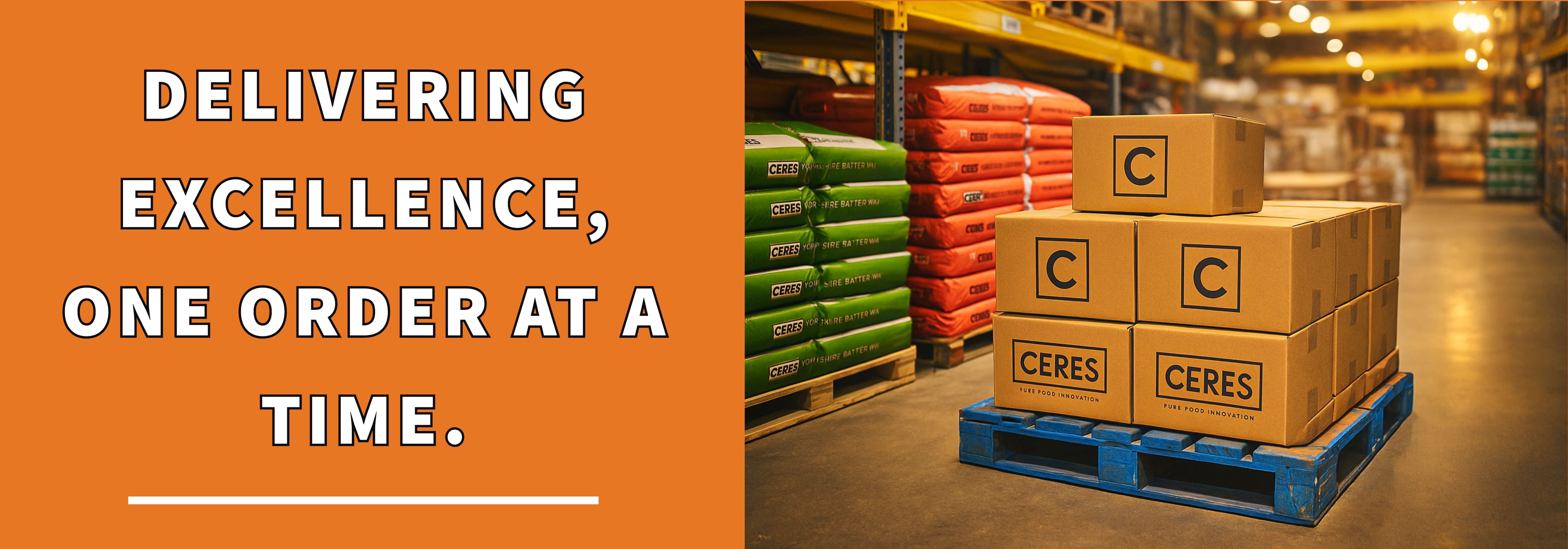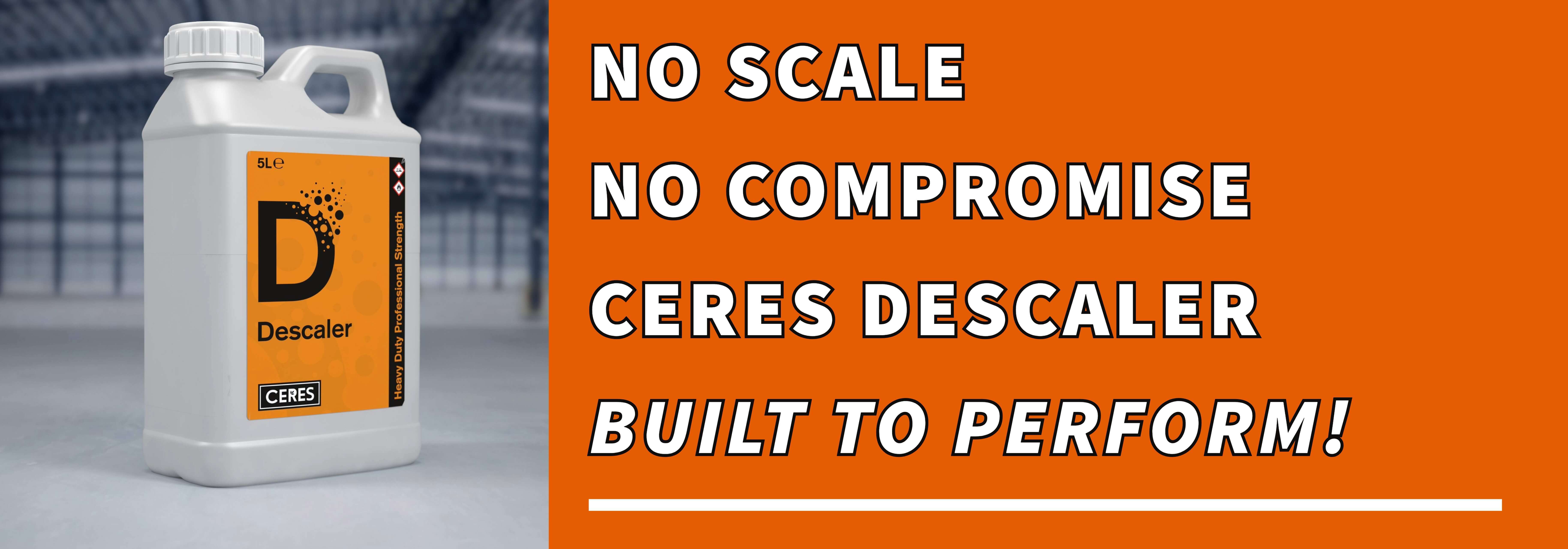Dairy drinks could lose tax exemption as government eyes expansion of sugar levy
Posted by Emma on 19th Nov 2025 Reading Time:
The government is considering removing the long-standing exemption for milk-based drinks under the UK’s sugar tax, a move that could have significant implications for the foodservice, hospitality and fish and chip sectors. Chancellor Rachel Reeves is expected to outline the proposals in the forthcoming Budget as part of wider efforts to strengthen public finances and address a £20 billion shortfall.
Treasury officials have confirmed that further details will be announced later this month following a consultation held in the spring. While the final policy has not been confirmed, reports across several outlets indicate that pre-packaged milkshakes, lattes and flavoured milk drinks could soon fall within the scope of the Soft Drinks Industry Levy (SDIL).
Why ministers are revisiting the sugar levy
The SDIL was introduced in 2018 to reduce sugar consumption and encourage reformulation across the soft drinks category. It currently applies to beverages containing five grams or more of sugar per 100 millilitres, with manufacturers charged at least 18p per litre. Milk-based drinks have been exempt due to their nutritional value and role in children’s diets.
However, the government believes the exemption has created inconsistency. In the foreword to the recent SDIL consultation, ministers argued that pre-packaged sugary milk drinks remained an “anomaly” given their contribution to sugar consumption, despite the recognised benefits of plain milk.
Reeves signalled last year that widening the levy was under consideration, and recent reports suggest the Treasury is likely to proceed. Some proposals also include reducing the sugar threshold from 5g to 4g per 100ml, a change that would bring even more products into scope.
Industry response: calls for an exemption for naturally occurring sugar
Milkshake manufacturers and dairy processors have warned that expanding the levy without distinguishing between naturally occurring lactose and added sugar would penalise products that are not comparable to standard soft drinks.
Rob Reames, chief executive of Shaken Udder, said the government must recognise the “nutritional benefits that milk naturally provides” and urged ministers to apply the levy only to added sugar. He argued that taxing lactose risks pushing consumers toward less nutritious alternatives and could lead to unnecessary reformulation that alters taste and increases reliance on artificial sweeteners—changes some producers say they will not make.
Arla, one of the UK’s largest dairy cooperatives, said it would review the proposals once the policy is finalised.
Political reaction and budget pressures
Reports across The Independent and LBC indicate that the move forms part of a strategy to plug the budget deficit after the Chancellor reversed earlier plans to raise income tax. The levy on milk-based beverages could generate up to £100 million annually once implemented in 2027, according to Treasury projections cited in industry coverage.
Conservative shadow chancellor Mel Stride has criticised the plans, arguing that they “move the goalposts” for manufacturers that have already invested heavily in sugar reduction. He warned that bringing new products into the tax net risked punishing businesses that had complied with previous reformulation expectations and had acted responsibly to reduce sugar content.
Some political figures have voiced broader concerns about expanding the levy at a time of increased pressure on household budgets. Critics have called the proposal a tax rise by stealth, though supporters argue it could drive further health improvements, as the SDIL has already encouraged widespread reformulation across the soft drinks sector.
Implications
For hospitality operators, cafés, and fish and chip shops—many of which offer high-margin flavoured milkshakes and ready-to-drink beverages—any expansion of the levy could increase costs across the supply chain. Pre-packaged drinks sold through wholesalers or directly to operators may rise in price if manufacturers pass on the cost of compliance or reformulation.
The dairy processing sector has warned that SMEs may be disproportionately affected. Smaller producers often lack the technical and financial resources to rapidly reformulate or re-engineer recipes, packaging and supply chains to adapt to the new regulatory threshold.
For the wider foodservice sector, the prospect of higher wholesale prices for milk-based drinks may force menu adjustments or spark renewed focus on alternative non-dairy options. However, these substitutes would also be included in the expanded levy under current proposals, affecting oat, soy and rice-based beverages as well .
What happens next?
The government consultation is open until July, with the Chancellor expected to finalise the policy in the autumn Budget. If approved, the expanded levy would not take effect until April 2027, giving businesses time to adapt. While the move is positioned as part of a phased approach to fiscal repair and public health improvement, it has already prompted debate across political, public health and industry circles.
For hospitality operators and fish and chip businesses, the coming months will determine whether milk-based drinks remain exempt or become the latest category subject to reformulation and cost pressures linked to sugar policy.






